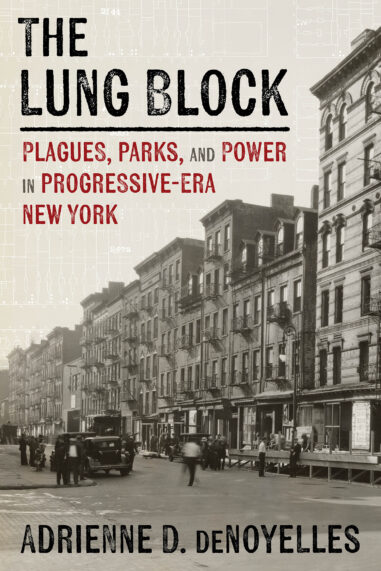Public health, housing, poverty, and immigration dominated social and political discourse in early twentieth-century New York, much as they do today. The Lower East Side provided an urban environment where infectious disease and other public health concerns flourished. One city block in particular, known in muckraking circles as “The Lung Block,” housed four thousand first- and second-generation Americans in dilapidated tenements where deadly tuberculosis spread uninhibited. The Lung Block looks at a 1903 reform crusade to demolish this working-class tenement neighborhood and replace it with a park. Progressive reformers aimed to confront the area’s moral and environmental dangers, but their conceptualization of the problem and methods for addressing it placed them into direct conflict with the hand-to-mouth priorities of the residents. The campaign and its eventual failure illuminate the formidable social barriers distancing urban reformers and the marginalized populations they intend to help.



